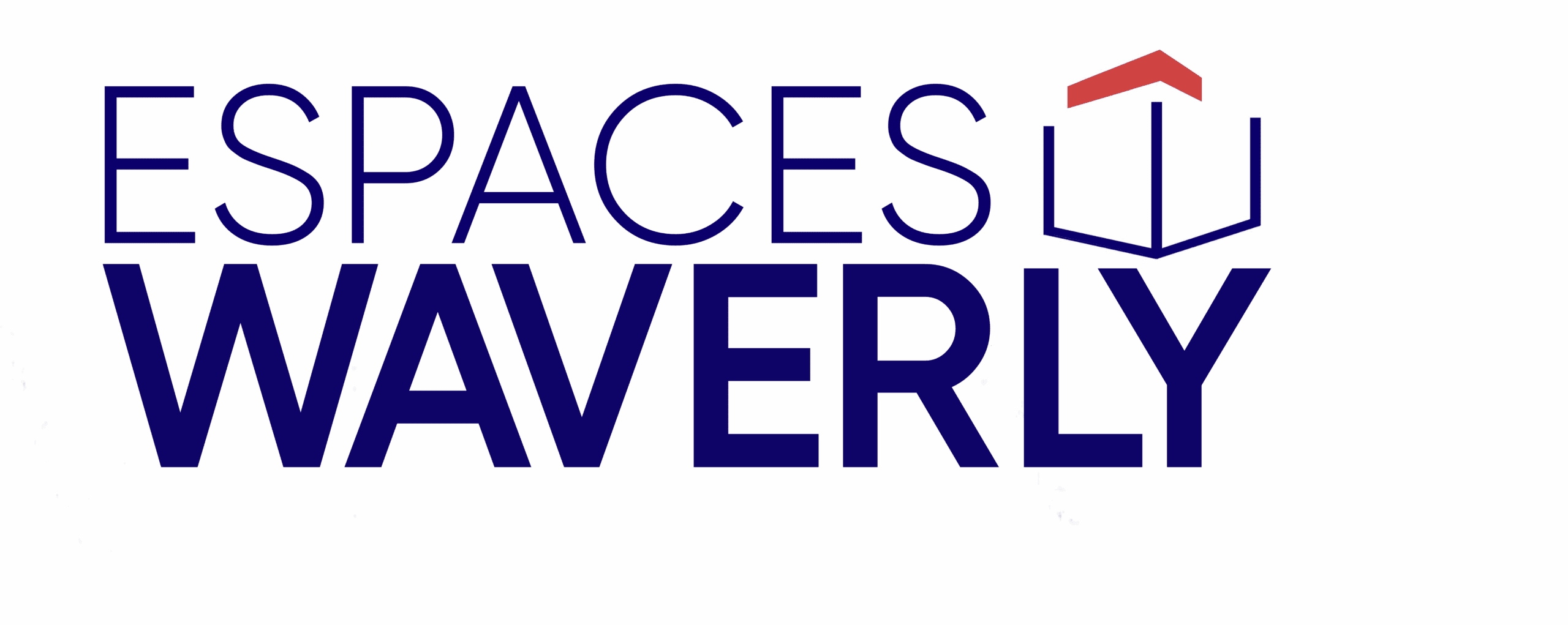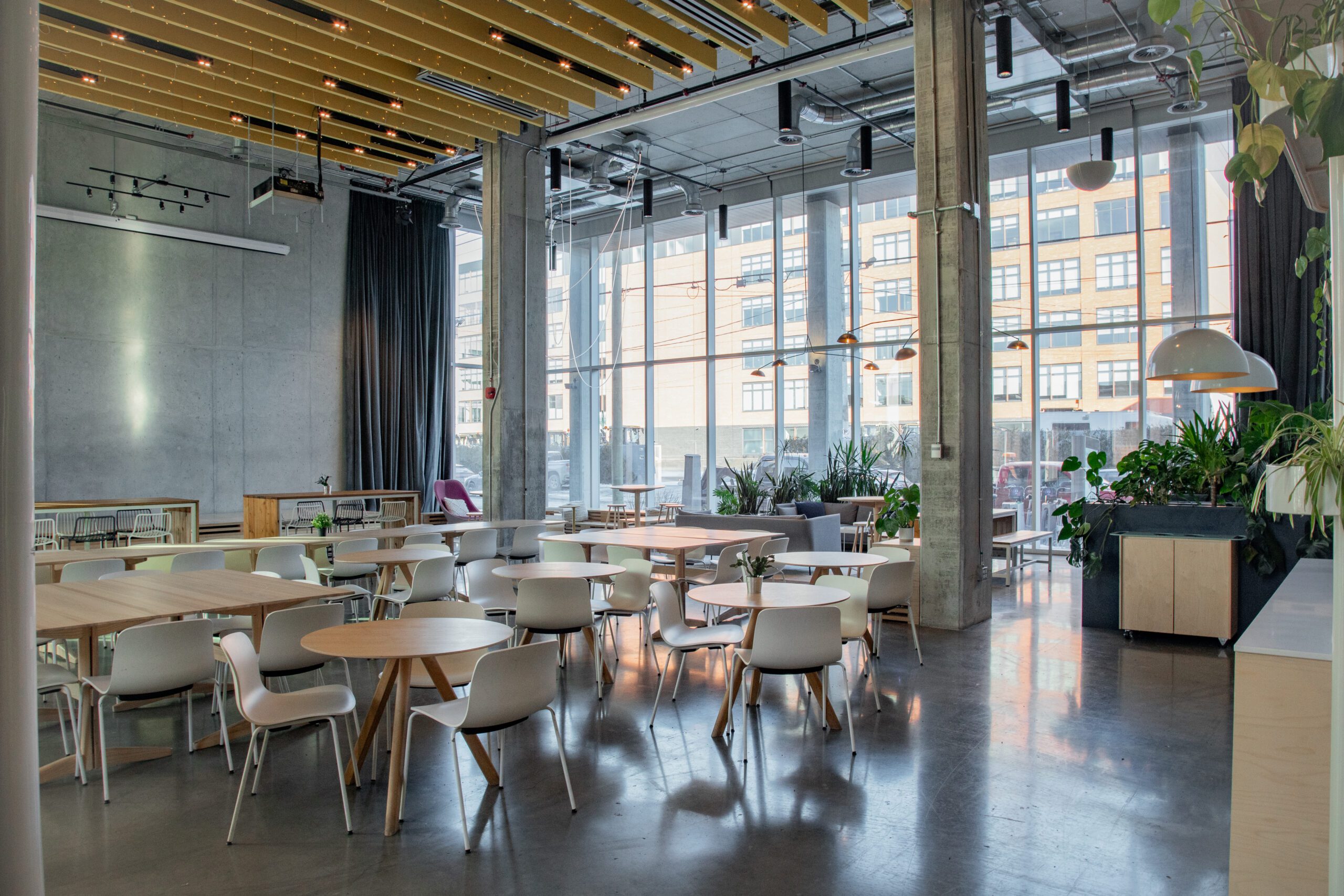The way we work has undergone a major transformation over the past decade. From the rise of remote work to hybrid models and a deep questioning of traditional schedules, today’s workers are primarily seeking to work smarter—not harder. One of the most powerful drivers of this quiet revolution is the emergence of coworking spaces.
Much more than just an alternative to traditional offices, these shared environments provide fertile ground for productivity, creativity, and professional well-being. In this article, we explore how coworking spaces help freelancers, entrepreneurs, and even remote employees maximize their efficiency while rediscovering a more human approach to work.
1. From Quantitative Productivity to Qualitative Productivity
For a long time, productivity was associated with time spent at the office. However, more and more studies show that the number of hours worked does not necessarily guarantee the quality of the work delivered.
Today, productivity is also measured in terms of efficiency, focus, job satisfaction, and the ability to innovate. And it’s precisely in these areas that coworking spaces truly shine.
Why?
Because they help create optimal conditions for:
-
Minimizing distractions (unlike at home)
-
Accessing professional tools (printers, meeting rooms, high-speed Wi-Fi)
-
Accéder à des outils professionnels (imprimantes, salles de réunion, Wi-Fi rapide)
2. A stimulating environment… without the stress
One of the greatest strengths of coworking spaces is that they provide a professional setting without rigidity, which naturally promotes focus.
Unlike a noisy café or a distracting living room, coworking creates a work-friendly atmosphere that remains pleasant.
The result:
Coworkers more easily enter phases of “deep work,” meaning extended periods of intense focus—often unattainable in a home environment or one that is too rigid.
Moreover, the effect of “social presence” (seeing others working around you) acts as a powerful motivational lever, often likened to a gentle form of collective accountability.
3. Flexibility That Boosts Autonomy
Coworking is based on a fundamental principle: freedom. You can choose when you come, how you work, and where you settle. This autonomy is crucial for many professionals who want to regain control over their work pace.
What the research tells us:
Studies in organizational psychology show that autonomy at work is directly linked to:
-
Better cognitive performance
-
Lower stress levels
-
Greater job satisfaction
Thus, a coworking space offers the best of both worlds: a structured environment that can be adjusted according to your needs and energy levels at any given time.
4. Less Isolation, More Energy
Remote work offers undeniable advantages, but it also comes with a major risk: social isolation. This isolation can harm motivation, creativity, and mental health.
Coworking spaces create a valuable balance: you work for yourself, but you’re not alone.
Whether through a coffee break, a shared lunch, or an impromptu conversation in a common area, spontaneous social interactions boost morale and can even lead to unexpected collaborations.
5. A Community That Inspires
Far from the cold image of a “rental office,” the best coworking spaces cultivate a true community culture. You’ll find entrepreneurs, creators, freelancers, developers, consultants… Each works in their own field, but all share a mindset of openness and curiosity.
What this generates:
-
Exchanges of expertise
-
Professional opportunities
-
A contagious energy that drives you to give your best
Some people come to coworking spaces to stay productive but also find inspiration and a network that propels their careers forward.
6. Spaces Designed for Performance
Unlike a standardized corporate office, coworking spaces are designed to meet a variety of needs
-
Quiet zones for focused work
-
Collaborative spaces for exchanging ideas
-
Private booths for calls
-
Relaxed lounges for unwinding
This variety of layouts allows coworkers to choose the environment that best suits their task, rather than being confined to a single setup. This seemingly small detail makes a real difference in the ability to stay productive throughout the day.
7. A Positive Impact on Mental Health
Well-being is a cornerstone of sustainable performance. However, the traditional office model (noisy open spaces or isolation at home) doesn’t always support mental balance.
Coworking spaces—especially those that emphasize design, natural light, greenery, and a calm atmosphere—help reduce stress and support mental health.
Some even offer:
-
Wellness workshops (yoga, meditation)
-
Inspiring talks
-
Social activities after work hours
All of these elements strengthen the human behind the professional.
8. An Agile Solution for a New Era of Work
We have entered an era where rigid models give way to more fluid, hybrid, and adaptive organizations. Coworking is not just a trend—it is a structural response to this paradigm shift.
Companies themselves are beginning to see the advantages:
-
Offering their local or hybrid teams a flexible meeting place
-
Reducing fixed real estate costs
-
Supporting employee well-being without sacrificing productivity
Espace Waverly: Coworking, Reinvented
Among coworking spaces embodying this new vision of work, Espace Waverly stands out for its human, accessible, and welcoming approach. Located in Montreal, Espace Waverly offers much more than just an office: it’s a professional living space designed for people, their ideas, their energy, and their balance.
With its friendly atmosphere, quality facilities, and inspiring community, Espace Waverly embodies the very essence of what it means to work smarter, not harder.
Whether you’re a freelancer, entrepreneur, or hybrid employee, if you’re looking for a place where you can balance performance and well-being, Espace Waverly is undoubtedly the perfect spot to set down your laptop… and move your projects forward, at your own pace.


